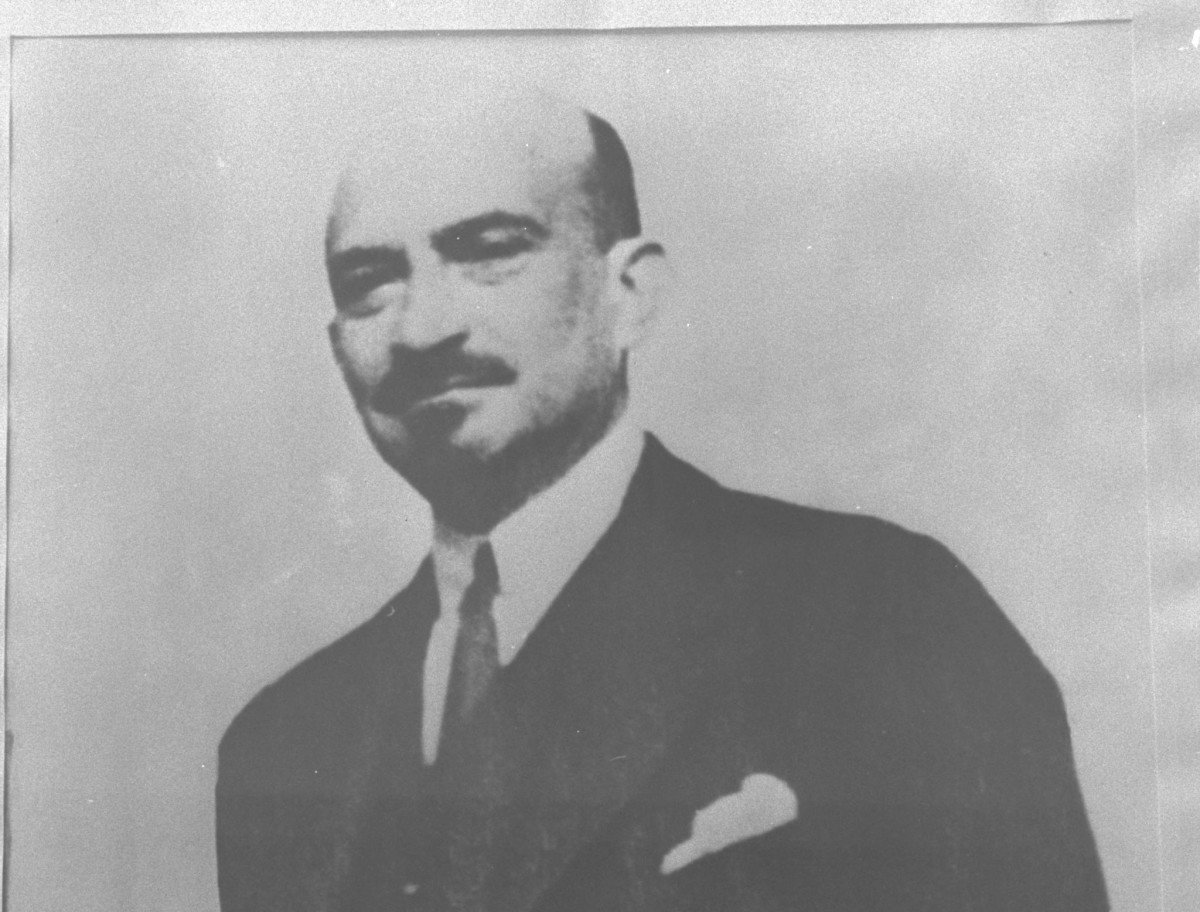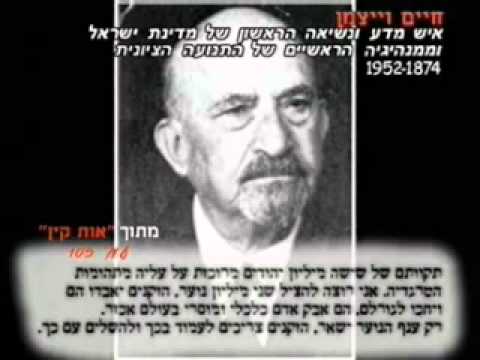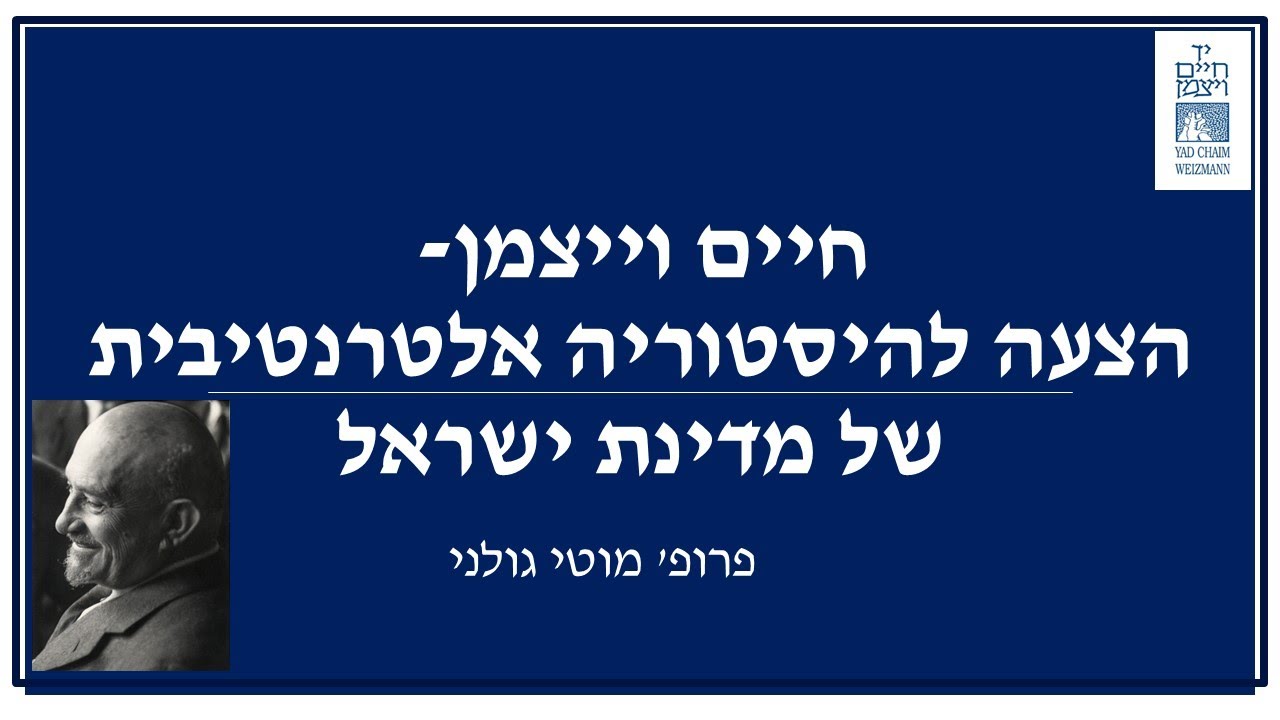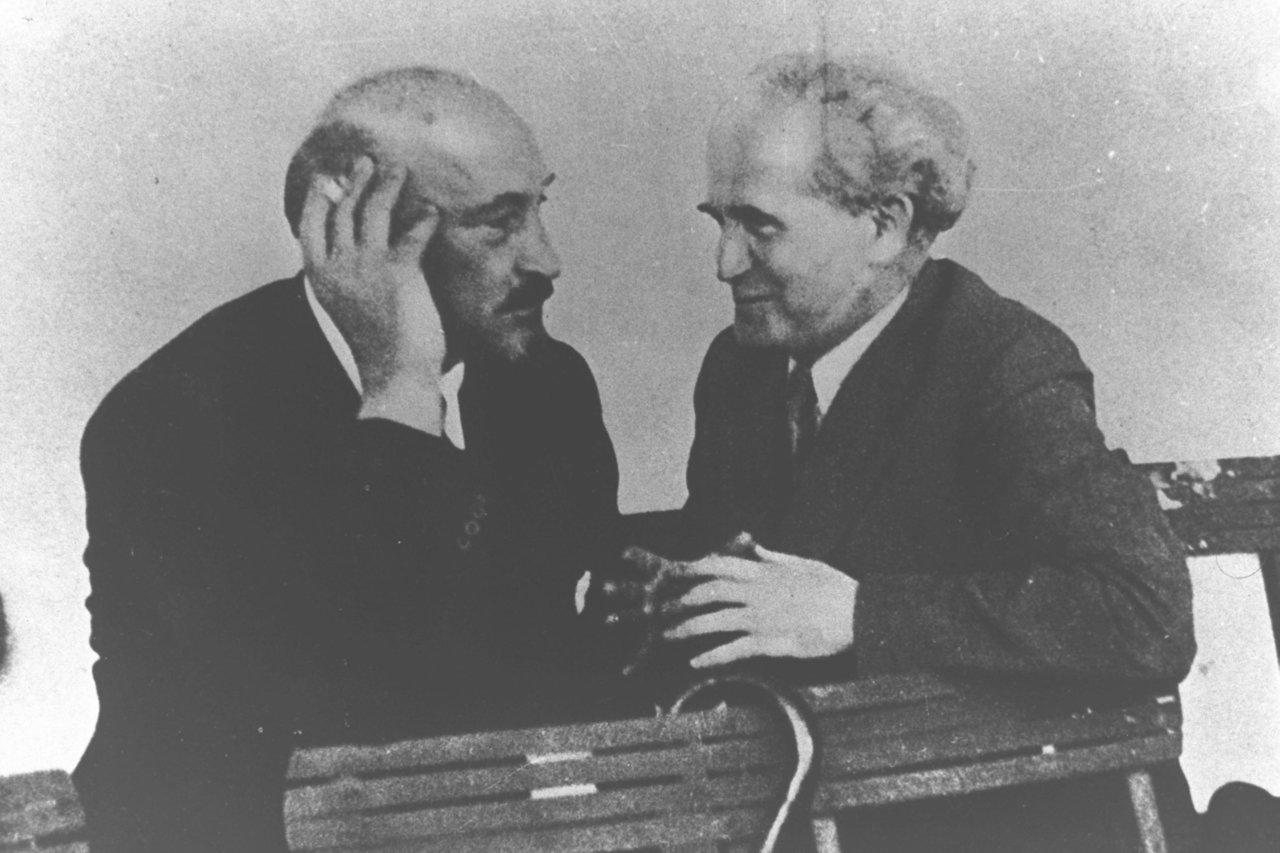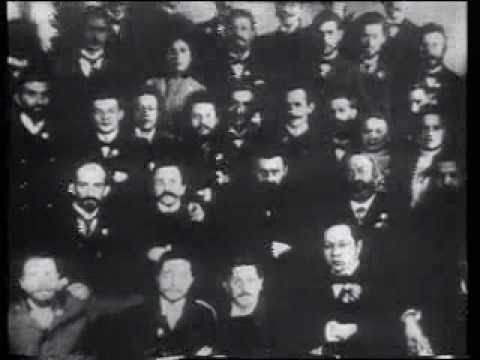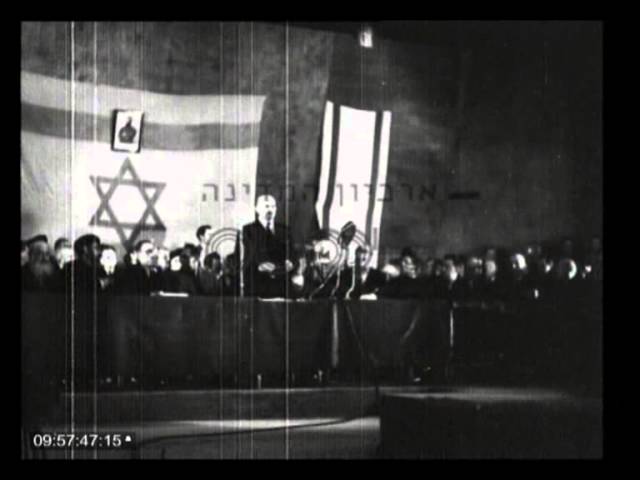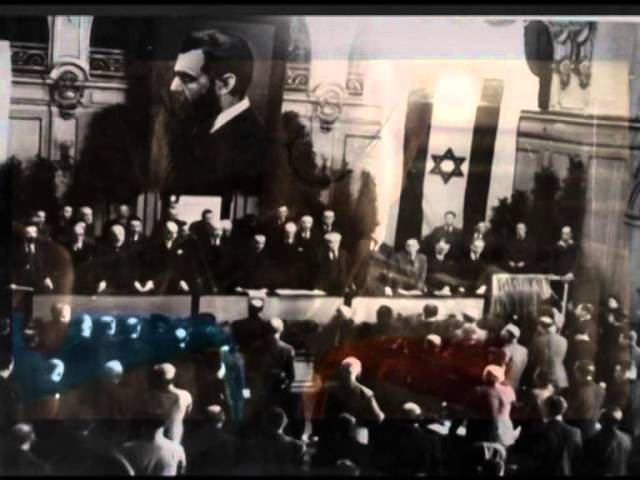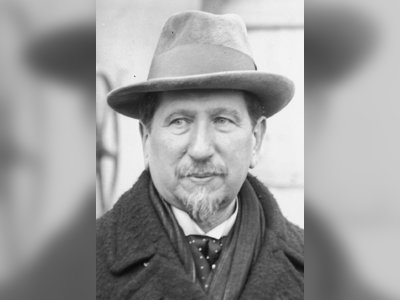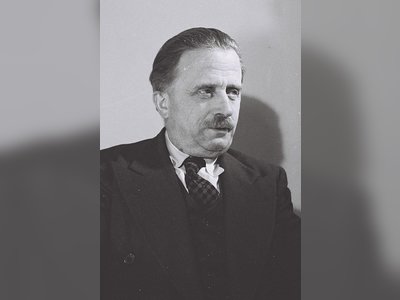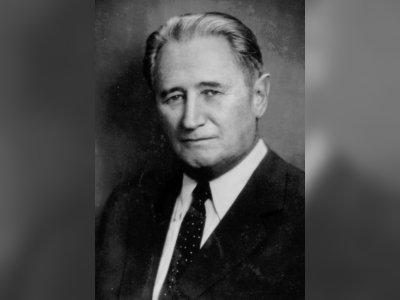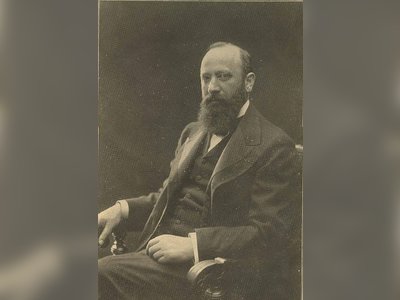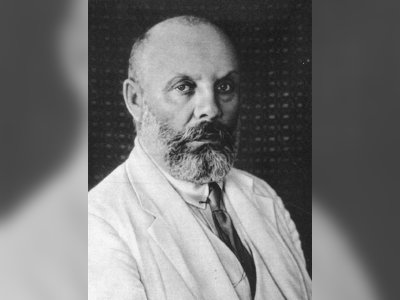מורשת גדולי האומה
בזכותם קיים
beta
Chaim Weizmann: The Pioneer Statesman and Chemist
Chaim Weizmann, a towering figure in the history of Israel, was the nation's first President, a distinguished chemist, and a prominent Zionist leader. Born on November 27, 1874, in Motol, Belarus, he played a pivotal role in shaping the future of Israel and contributing to the field of chemistry.
Weizmann's leadership in the Zionist movement was characterized by his advocacy for synthetic Zionism. In 1917, he was elected as the President of the Zionist Federation in England, where he wielded considerable influence in the deliberations leading to the Balfour Declaration later that year. In 1920, he assumed the presidency of the World Zionist Organization.
However, Chaim Weizmann's impact extended far beyond the realm of politics. He was a skilled chemist who made significant contributions to the field during his academic career. In 1916, while serving as a senior lecturer at the University of Manchester in England, he utilized the bacterium Clostridium acetobutylicum, often referred to as the "Weizmann organism," as a biochemical tool to produce acetone, ethanol, and butanol from starch. This groundbreaking method played a crucial role in the wartime production of explosives and munitions during World War I, establishing a vital military industry.
In 1936, alongside his Zionist endeavors, Weizmann dedicated himself to scientific research at the Daniel Sieff Research Institute (commonly known as the Weizmann Institute of Science today) in Rehovot, Israel. He had founded this institution in 1934, and in 1949, it was officially renamed in his honor as the Weizmann Institute of Science.
Chaim Weizmann's legacy is one that combines his leadership in the Zionist movement, his significant scientific contributions, and his role as the first President of Israel. His visionary work in both the political and scientific arenas continues to shape the course of Israel's history and the world of chemistry to this day.
However, Chaim Weizmann's impact extended far beyond the realm of politics. He was a skilled chemist who made significant contributions to the field during his academic career. In 1916, while serving as a senior lecturer at the University of Manchester in England, he utilized the bacterium Clostridium acetobutylicum, often referred to as the "Weizmann organism," as a biochemical tool to produce acetone, ethanol, and butanol from starch. This groundbreaking method played a crucial role in the wartime production of explosives and munitions during World War I, establishing a vital military industry.
In 1936, alongside his Zionist endeavors, Weizmann dedicated himself to scientific research at the Daniel Sieff Research Institute (commonly known as the Weizmann Institute of Science today) in Rehovot, Israel. He had founded this institution in 1934, and in 1949, it was officially renamed in his honor as the Weizmann Institute of Science.
Chaim Weizmann's legacy is one that combines his leadership in the Zionist movement, his significant scientific contributions, and his role as the first President of Israel. His visionary work in both the political and scientific arenas continues to shape the course of Israel's history and the world of chemistry to this day.
